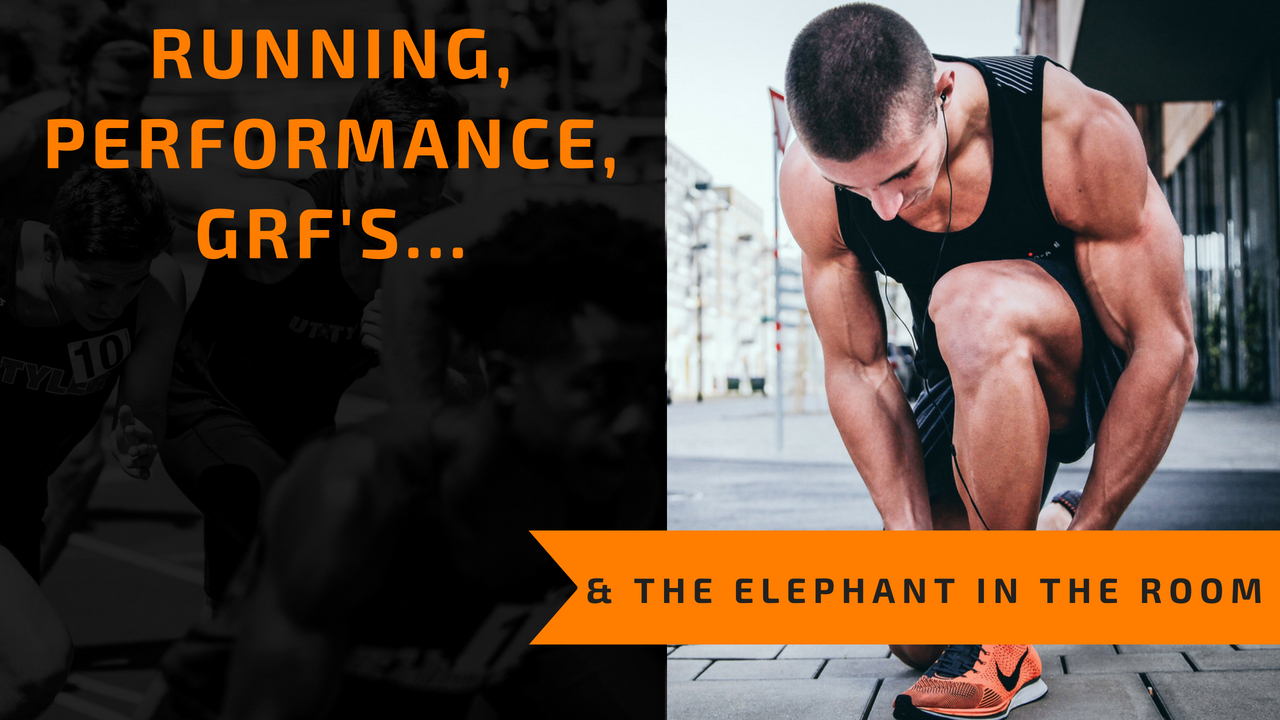
Running, Weight Loss, and Fitness
I often read about people putting the largest effort into improving their running. But to me, most of them fail to address the elephant in the room. Sometimes they’ll even try all types of famous, or exotic running programs, only to make modest improvements at best. Here’s why: that elephant in the room is their excessive body weight. People think that just the mere act of training to be better runner, without making any other changes, will automatically cause all the weight loss that they’ll need. But it seldom works due to the fact that running to become a better runner, and running to lose body fat may require different programs. So that program that might improve your running, will not be the best program to help you lose weight. This is why when athletes have to lose weight, improve strength… they do it in the off-season (if they’re strength coaches are responsible), so that their performance doesn’t suffer, or that they can adjust their performances to the changes in weight/strength. Here’s a few other important reasons why this way of thinking is a recipe for failure:
- When a runner is overweight, they create larger ground reactive forces (GRF). When running there’s what’s called a flight phase, where both feet leave the ground, and ground reactive forces are created once your feet hit the ground. For each pound that the runner’s body weight increases, the amount of GRF goes up 3-5 times their body weight. It’s not about just carrying the extra weight, it’s about managing the increases in GRF. If that runner isn’t strong enough to handle the GRF when their foot strikes the ground, the foot has to stay in contact with the ground until the force dissipates down to a level where their strength can handle it. (This also means that you’ll run slower.) The higher your body weight, the stronger you’ll need to be to overcome GRF. Most people that choose running as their sole method of fitness are also weak in relation to their body weight, and they neglect strength training despite all the evidence that strength training helps improve running performance. And we’re not talking about just squatting body weight. According to research, these forces can be as high as 3 times body weight.
- Injury Prevention is another reason this is a bad strategy. As mentioned earlier, the GRF’s created by running can create another problem. The excess forces created by running has to be absorbed somewhere else if the muscles can’t handle them. Want to take a guess where that might be? IF you said your joints, you’d be correct. So you’d add wear and tear on your joints in addition to the repetitive motion of running, if you lack the strength required to deal with the GRF’s (by the way, the GRF’s increase as you run faster). This will increase if your running technique is bad.
I’m not bashing running. I used to run both track and cross country in both high school and college. My point is, the strategy that most people used by jumping on some of these cookie cutter running programs designed by “experts,” that never address the effects of being overweight, aren’t sound strategies. You can make a great runner average by adding a backpack with an extra 20-30 lbs. If you want to run, and are also overweight/over-fat, you’ll definitely want to add a decent resistance training program so that you’re strong enough to deal with the GRF’s created.




0 Comments